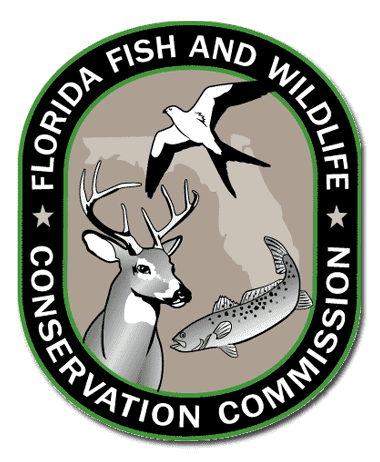Florida Officials Say Never Feed Dolphins

Bottlenose dolphins are beautiful marine mammals. Tourists who travel to the Gulf Coast love to see them. But dolphins should never be fed.
Sometimes, unfortunately, they are. That’s the assessment of officials with the Florida Fish and Wildlife Conservation Commission (FWC) and NOAA’s National Marine Fisheries Service.
However, it is illegal to feed dolphins under the Marine Mammal Protection Act, a federal law that’s been in effect since 1972.
On July 16, the FWC received a call about a dolphin biting a female swimmer at the Panama City Pass. The unidentified swimmer was reportedly part of a dolphin tour but was not feeding dolphins when she was bitten on the leg. Her injuries were minor and did not require medical treatment, according to a report.
“Dolphins are large, powerful creatures, and it’s illegal to feed them for several reasons,” said Elsa Haubold, section leader in the FWC’s Species Conservation Planning Section. “They have sharp teeth, and anyone who offers them food is subject to being bitten and injured.
“Not only that, when you teach dolphins to associate people with fish or other food items, the dolphins teach this behavior to their young and you perpetuate a vicious cycle. It’s really up to people to help us break this cycle.”
Haubold said dolphins that are fed are also raising the ire of anglers by snatching fish off their lines. She said in some instances, the dolphins themselves end up being hooked and injured.
Seeing dolphins “up close and personal” has become so popular that a number of dolphin-tour businesses in Panama City cater to tourists.
“We recognize tourism is important, but when it comes to dolphins, we encourage people to view them from a distance,” Haubold said.
Pam Anderson, operations manager at Capt. Anderson’s Marina on Panama City Beach, said they take tourists out to see dolphins but follow the “no feeding” rule.
“We do not allow dolphin feeding on our boats. We don’t need to,” she said. “When the captain stops the boat, dolphins usually come around.”
FWC Maj. Bruce Cooper oversees law enforcement efforts in the Florida Panhandle. He said anyone who feeds dolphins is violating the law.
Cooper said that during a recent plainclothes operation by FWC officers, two Panama City dolphin-tour boat operators were identified feeding dolphins during a dolphin-viewing trip. The investigation is continuing, with possible charges forthcoming.
“We want people to enjoy themselves when they are out recreationally or on a commercial vessel to see dolphins, but the law is in place for a reason,” he said.

